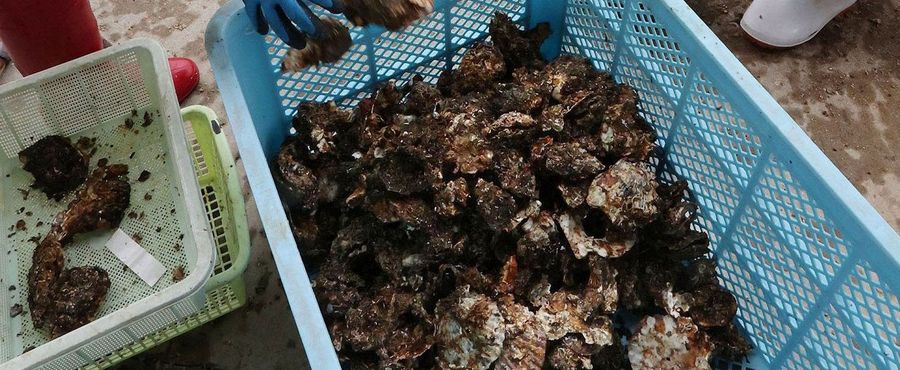In recent news, Hiroshima Prefecture has reported a devastating large-scale death of oysters, a key industry for the region. The cause of the catastrophe remains undetermined, exacerbating tensions among local fishermen and exacerbating the economic fallout. Ecologists and government officials are rushing to investigate and contain the environmental calamity to prevent extensive damage to Hiroshima's marine ecosystem and its oyster farming sector, a mainstay of the prefecture's economy for many centuries.
The mass death of oysters in Hiroshima is of grave concern, given its significant impact on local economies, seafood traditions, and tourism. In Japan, oysters are not just a seasonal delicacy but a symbol of regional pride and cultural identity. The potential ecological disaster further raises concerns about the health and sustainability of Japan's marine life amid global warming and ocean acidification.
In comparison, oyster die-offs in the US or EU would also raise considerable alarm, both for economic and environmental reasons. However, the cultural significance of oysters in Japan could arguably make such an incident even more distressing locally.

